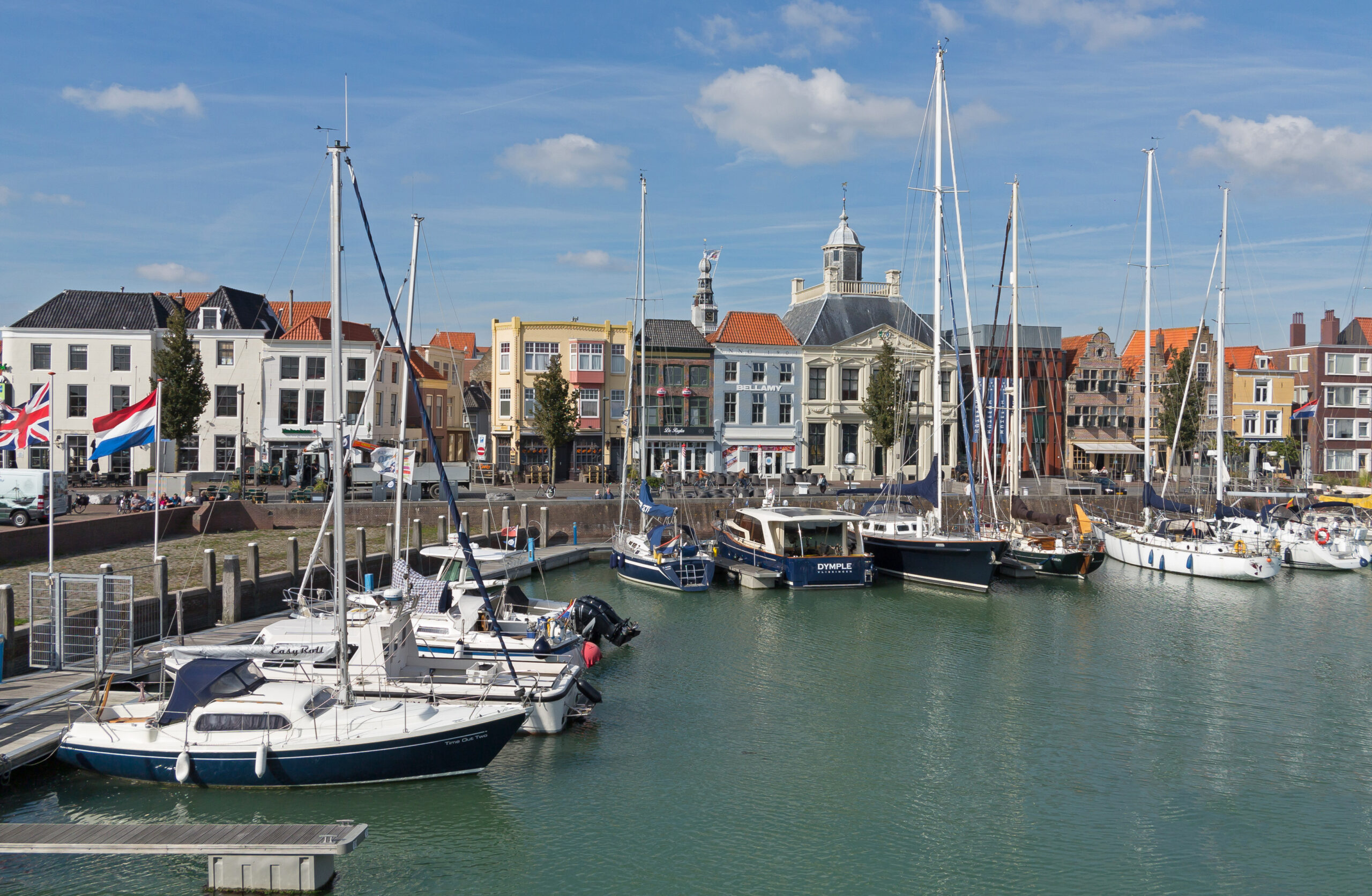Campaigners put up unauthorised slavery memorial in Vlissingen

An illegal monument to commemorate the victims of slavery in Vlissingen has been erected on the port city’s harbour side ahead of national Keti Koti day on Saturday.
Vlissingen local council narrowly voted for an apology to be made on Saturday, but opposed the idea of a monument, with some councillors saying it would be “gesture politics”.
The town is the birthplace of Dutch admiral Michiel de Ruyter, who, according to some historians, was involved in the slave trade.
“We got up really early this morning to put it on the boulevard,” former local councillor Angelique Duijndam told broadcaster NOS. “It is the place where slave ships would have passed so it’s appropriate.”
Vlissingen played a major part in the Dutch slave trade, research into the city’s history commissioned by the council in 2021 has shown. Ships from Vlissingen transported some 60,000 enslaved people between 1750 and 1780, more than any other Dutch port at the time. A quarter of the city’s economy was bound up with the slave trade, researchers found.
Artist Zeus Hoenderop, who designed a silver-coloured pedestal with a bowl attached to it with a ship’s chain, which “can be lifted and brought into the light”, said the city needed a monument.
“Don’t talk to me about it being illegal,” he said. “It’s criminal not to have a monument here after 150 years and discuss what happened here. That is not how you honour people.”
Thank you for donating to DutchNews.nl.
We could not provide the Dutch News service, and keep it free of charge, without the generous support of our readers. Your donations allow us to report on issues you tell us matter, and provide you with a summary of the most important Dutch news each day.
Make a donation